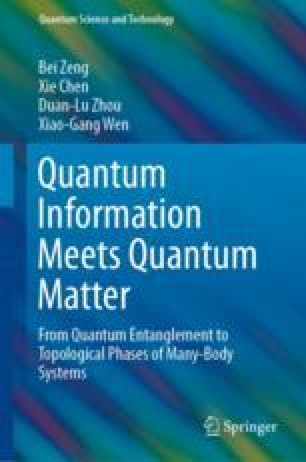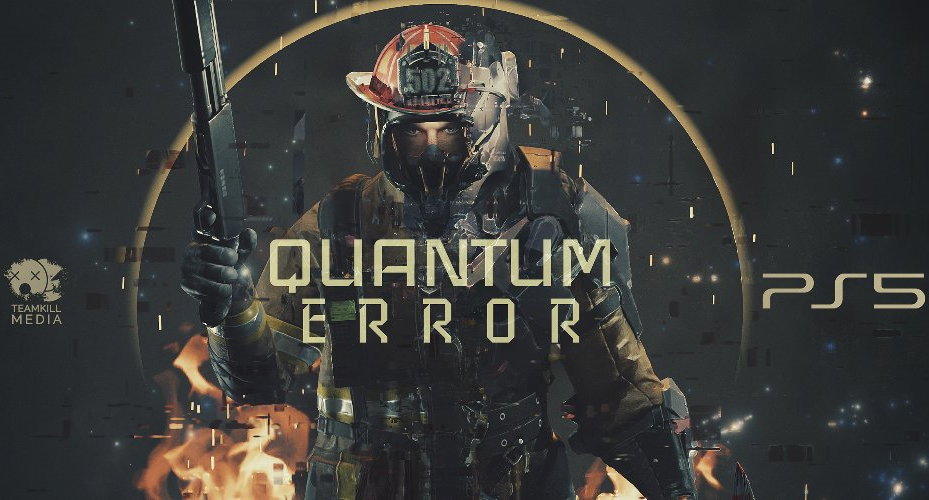

We observe singnificant improvements on effective gate fidelities of single- and two-qubit gates by an order of magnitude to those of physical gates. We apply the method to every imperfect elementary quantum operation and benchmark the performance of error-mitigated quantum computation 22.
#Microsoft big win quantum error after full#
Here we construct a trapped-ion system with full controllability and investigate the universal validity of the probabilistic error-cancellation method in a general quantum computational context. Please note that this method does not improve the physical quality of quantum states or gates but reduces the error in the estimation of expectation values. It begins with characterizing imperfect operations on the quantum device by tomography technique and then cancels errors by sampling random quantum circuits, according to a quasi-probability distribution derived from reconstructing ideal quantum operations with characterized imperfect ones. The probabilistic error-cancellation method provides a comprehensive way to mitigate errors in expectation estimation tasks 17, 18, 21.

Alternatively, for the quantum algorithms estimating expectation values, the reliability of computation result can be improved by recently proposed error mitigation schemes 16, 17, 18, 19, 20 without challenging requirements for quantum error corrections. Consequently, it has not yet been demonstrated that quantum fault tolerance protocols can increase the fidelity of computation operations in any physical implementation. However, quantum error correcting codes require complex coding schemes, a large number of physical qubits, and low error rates, which are still far from being affordable for near-term quantum technologies 14, 15. For example, quantum error correction 12, 13 provides a mean of fault-tolerant quantum computation, which results in accurate expectation values.

Therefore, techniques for accurately estimating expectation values with improving the accuracy of noisy quantum processors are of great importance.Īpart from physically improving the devices, the deviations in estimating expectation values can be suppressed on the algorithmic level. However, expectation values obtained with output results of the quantum devices are inevitably deviated because of errors originated from both environmental fluctuations and operational imperfections. Although it is anticipated that around a hundred well-behaved qubits are required for such schemes to outperform current classical counterparts in quantum chemistry 9, 10, 11, the advantages are only possible with accurate quantum processors. The hybrid schemes can be applied to estimate the ground-state energies of molecules 3, 4, 5, to simulate quantum models in materials 6 and high-energy physics 7, and to find approximate solutions of optimization problems 8. The schemes combine the advantages of classical and quantum computation, where quantum processors are used to estimate expectation values of physical observables on certain states for classical feedback. Based on various technological advances so far, such nontrival quantum applications have been pursued with currently available devices mainly through quantum-classical hybrid schemes 2, 3. Quantum computers 1 can extend classical computational reach in diverse research fields, including quantum chemistry, material science, and even machine learning. Our demonstration opens up the possibility of implementing high-fidelity computations on a near-term noisy quantum device. Our results clearly show that effective gate fidelities exceed physical fidelities, i.e., we surpass the break-even point of eliminating gate errors, by programming quantum circuits. Here we benchmark the performance of a quantum error mitigation technique based on probabilistic error cancellation in a trapped-ion system. To alleviate the detrimental effects of errors on the estimation of expectation values, quantum error mitigation techniques have been proposed, which require no additional qubit resources. Although errors can be tackled by quantum error correction, the overheads are far from being affordable for near-term technologies. Various quantum applications can be reduced to estimating expectation values, which are inevitably deviated by operational and environmental errors.


 0 kommentar(er)
0 kommentar(er)
